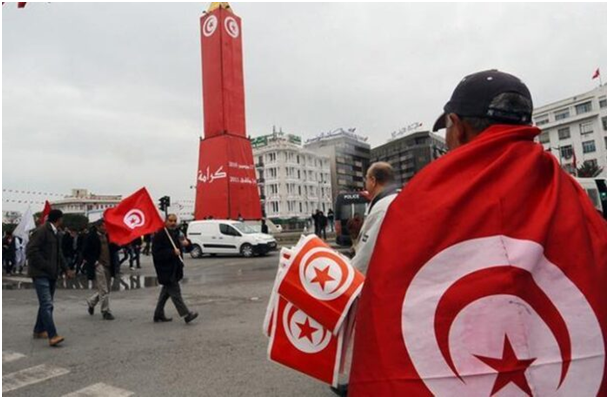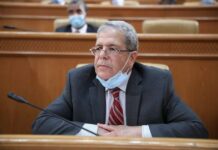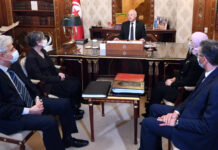There are frequent calls for President Kais Saied, from various political and social actors, to speed up the announcement of the formation of a government working on economic and social issues in a financial crisis situation compounded by the epidemic, what economic cost is the absence of a government responsible for developing state policies?
The crisis is basically structural
Economist Jamal Awididi told JDD Tunisie on Sunday(September 19, 2021) that the issue is not about putting people in charge of the same policy, methods and options, adding that the situation after eight weeks of apparent political change has not changed, given that previous governments, especially in the past five years, have been doing business only to be able to pay employees in time.
He added that the crisis in Tunisia is related to structural problems and a imbalance in the pattern of development, which basically requires structural solutions that are cut with the policies of the past characterized by indiscriminate and chaotic supply from abroad, pointing out that the state imported 42 billion dinars in 2019 and exported only 10 billion dollars, causing a huge deficit.
He added that all the countries of the world after the Corona crisis reduced the level of interest directorate while the Central Bank of Tunisia continues to follow the same policies and has become clear directly useful on the process of lending banks to the state, causing losses of about 1500 billion annually.
He explained that the results of the process of destroying the value of the dinar for several years is inevitable and its consequences continue to cast a shadow until today, besides continuing to develop financial laws on top of each year that do not fit the real situation of the country with the same austerity policies with the wrong expectations with a view to obtaining the text of parliamentary approval in time without any vision or reform program, so the issue is not about appointing people but about alternatives, he said?
Any alternatives to Said?
During a meeting with a group of constitutional law professors a few days ago, President Kais Saied said that the government could have been formed on July 26 or 27, “but it’s not a government issue. Is it a government issue or a government policy? Do we need a government? The issue in the policy that the government will follow… The state is continuing, there must be a government, but in Constitution 59 there was no government,” he said.
Through Saied’s post-July 25 remarks, even before he became president, he gives indications that he is going to break with the history of tunisia’s political economy, which began in the early years of independence and went through several liberal, capitalist and mutual experiences to the state of contraction after 2011, during which the actors were unable to make the economic transition a success due to political deadlock and successive crises.
Rifi-JDD











